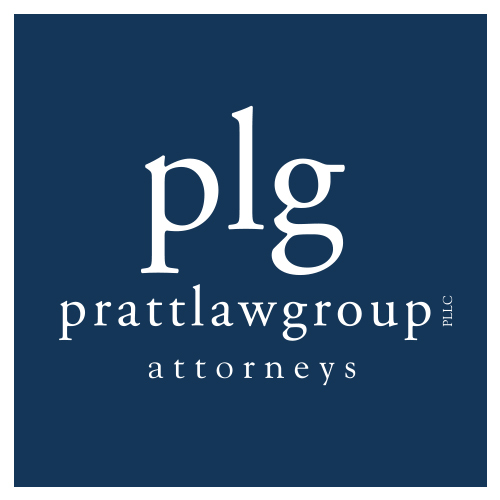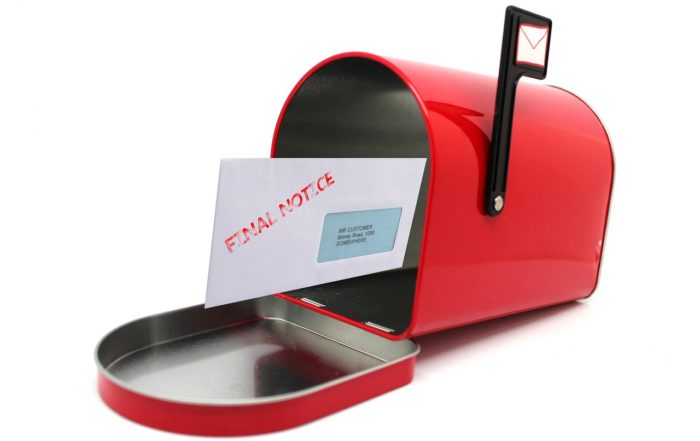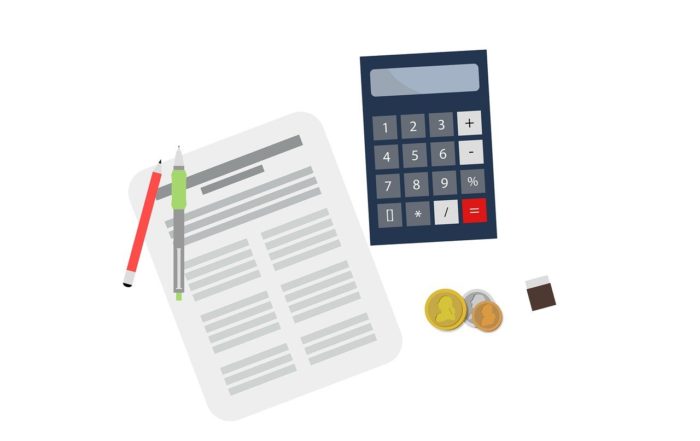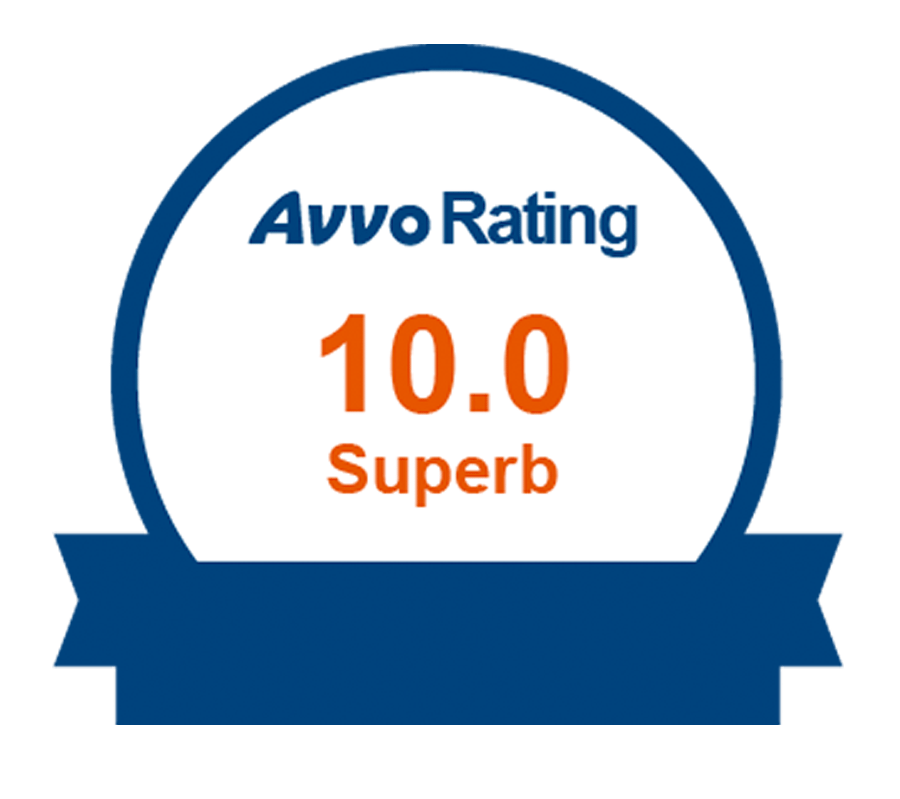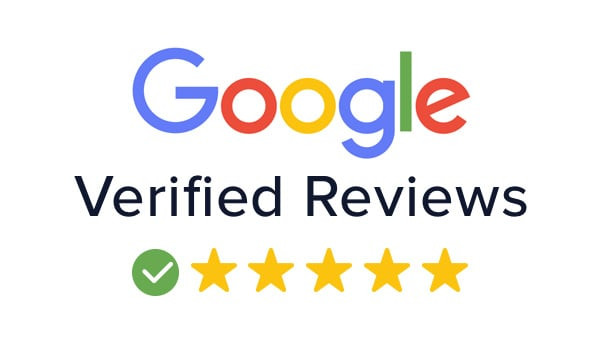Following the first surge of COVID-19 cases in the United States, many businesses financially impacted by the pandemic have applied for federal funds through the federal government’s Paycheck Protection Program (PPP). One key element of the PPP is loan forgiveness, but business owners who received PPP funds must apply for loan forgiveness. If you received funds and are in the process of requesting loan forgiveness, the Small Business Administration and the Treasury Department have introduced new guidance and changes to assist both lenders and PPP borrowers of $50,000 or less with the forgiveness process. The changes include
- a new simplified application,
- reductions in the information that lenders must receive, and
- an exemption from the reductions in the forgiveness amount that were tied to the reductions in the number of employees and their wages or salaries.
Changes for Borrowers of $50,000 or Less
Effective October 14, 2020, a new loan application, Form 3408S, has made it easier for business owners to apply for loan forgiveness by removing some of the loan application elements that confused borrowers and lenders. Specifically, the new application eliminates the need for borrowers of less than $50,000 to conduct complex calculations by allowing these borrowers to enjoy full loan forgiveness regardless of any reductions in the number of full-time equivalent employees and decreases in employees’ wages or salaries that may have occurred during the covered period. One eligibility consideration for this simplified process and relief is whether the borrower, together with any affiliates, received $2 million or more in PPP funds. Such borrowers are not eligible for this relief and must use the previously issued application.
These changes have not eliminated every requirement for eligible borrowers. If you fall into the category of those eligible for this new application, you must provide specific certifications. These include certifications that
- the amount for which you are requesting forgiveness does not exceed the principal of your PPP loan,
- payroll costs are at least 60 percent of the forgiveness amount,
- you have complied with the covered period requirements of your loan, and
- you used the funds to pay for costs eligible for forgiveness.
You must still show that you used the money as required under the Coronavirus Aid, Relief, and Economic Security (CARES) Act and subsequent amendments.
These new changes also impact PPP lenders. Although eligible borrowers no longer have to provide certain calculations in their forgiveness applications, lenders are required in their loan review processes to make sure they receive the specified certifications. Additionally, lenders are allowed to request additional documentation from borrowers. The purpose behind these changes for loan review is to create a system for quickly processing the loans.
Noneligible PPP borrowers are still required to use the former loan applications, Form 3408EZ or Form 3408. If you borrowed more than $50,000, your process is unchanged. Some people believe more changes and more funds may be coming, but as yet, there has been no new legislation to that effect.
We Can Help
If you are a business owner who is ready to apply for loan forgiveness and need help understanding which application you should use, the deadline for applying, and what you need to provide as documentation, we are here to help. Call our office at (972) 712-1515 and schedule an appointment with a team member to help you identify the best approach to take for your unique business. We will do everything we can to help you adjust to this current financial reality.
Why Singles Should Worry about Estate Planning
Why Singles Should Worry about Estate Plannings -What To Know Several Reasons Single People Still Need To Be Concerned With Estate Planning When you’re putting together an estate plan, you often choose your spouse ...
Warning: Don’t Let Creditors Inherit from You or Your Spouse
Don't Let Creditors Steal From Your Loved Ones - What To Know How To Ensure Your Spouse Receives Your Retirement Accounts and Not Creditors In most cases, spouses will inherit any of your ...
Can a Beneficiary Also Be a Trustee of a Trust?
Can a Beneficiary Also Be a Trustee of a Trust? -What To Know Many people, creating a revocable living trust, designate their children as the beneficiaries. But, they need to choose a person ...
